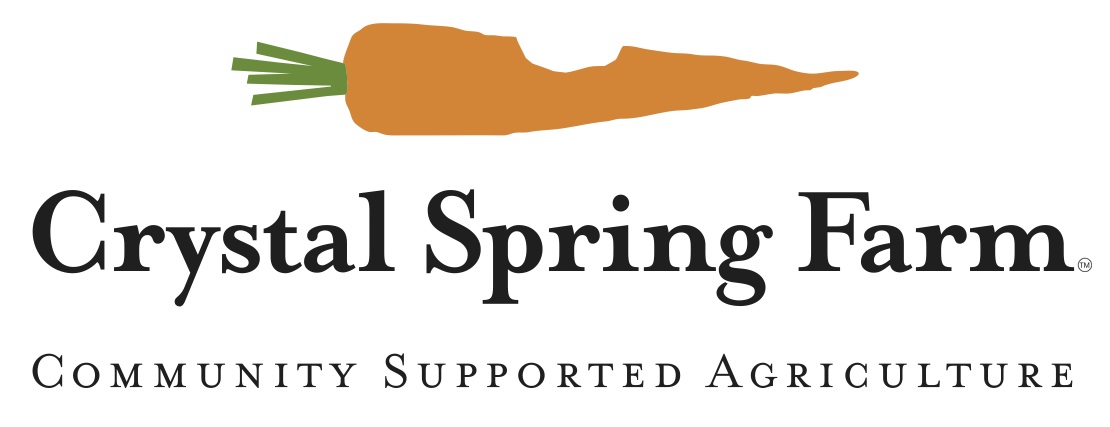What’s in Upic?……
Flowers Herbs
Things are cooking along out in the fields. Tomatoes have lots of green fruit, eggplant are in flower and melons are moving along as well. I expect to have more napa cabbage next week and broccoli the week after. Carrots arrive in the share this week. The farm campers helped harvested about 200 pounds of the 300 we pulled from the ground yesterday! They loved the task and we loved the help.
Here’s what to look forward to in your shares:
Kale Carrots
Chard Lettuce
Tatsoi Mustard
Summer squash Various chicories
We still need you help beating back the weeds! Thanks to Otey and Liz who came out this past week. The vegetables are loving this perfect season, but so are the sinister weeds. Help. Wednesdays and Saturdays, 9am in the fields
Maine Organic Wild Blueberries will be available starting Tuesday July 27th and we will begin taking orders this week and next. These are certified organic, raked the day before from Stoneset Farm in Brooklin, Maine. As those of you who have ordered in the past know, these are top notch wild blueberries. No twigs, firm berries, amazing flavor. The berry crop is early this year (like almost everything else) so jump in and buy enough for your summer cereal, muffins, pancakes and martinis, as well as enough for the freezer. We will have a few quarts for sale in addition to the preordered deliveries and if there is enough interest we may do another order for next week. Let us know if you are interested in ordering for pickup on Tuesday the 27th or Friday the 30th and we’ll put you on list. Berry prices are: quart (not pint) for $9, 5 lbs. for $26 and 10 lbs. for $50.
Cooking Demo. Next Tuesday July 20th at 3pm Wild Oats Bakery and Café Chef and longtime CSA member Becky Shepherd will share her insight on cooking with CSA produce here at the farm. Just show up at 3:00 by the distribution barn and learn ways to use the week’s harvest.
Eggs! Hens are working…we’ll have a few dozen for sale this week on a first come, first served basis. Our new hens are doing their thing, enjoying their pastures and making bright orange yolks and stand tall whites. Nothing is better than a fresh, pastured egg.
Pigs are getting big….Our pigs have been doing a great job turning compost in the barns and turning sod in the fields. They are healthy and happy eating grass, grain and liberal supply of exotic kitchen scraps from El Camino Restaurant. Who new Maine pigs would come to love tortillas and avocados! We are opening orders for whole and half pigs this week with delivery in mid August. Order your half or whole any way you like and fill the freezer with chops, hams, sausage and bacon. Talk to a farmer about signing up when you come to pick up your share.
Grass-fed Beef from Harpswell. Look for local grass-fed beef from Harpswell’s Two Coves Farm. This is the real thing. This beef has amazing flavor and it was raised overlooking Casco Bay –what could be better! Look for T-bone steaks, London Broil and Ground beef.
Enjoy the harvest this week!
